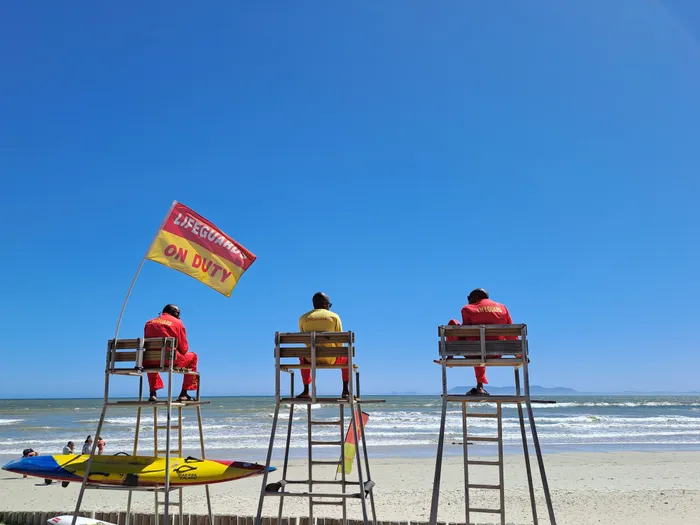
Experts stress that drowning is preventable, but only through deliberate action combining supervision, education, and community support.
Image: File
South Africa ranks among the top 45 countries globally for drowning, with a rate of 4.06 per 100,000 population, experts warn.
Children are particularly vulnerable, and drownings can occur silently within seconds, even in shallow water or small containers such as buckets or inflatable pools.
Professor Feroza Motara, head of emergency medicine at the University of the Witwatersrand and practising at Netcare Linksfield Hospital, emphasised the need for constant supervision.
“Your child is never safe around water. Vigilance and a proactive approach are crucial to prevent drowning, particularly in summer months when the danger of drowning increases,” she said.
She added that even brief distractions, such as replying to a phone message or scrolling social media, can have fatal consequences. “Every lapse in supervision poses a potential tragedy; vigilance must not be compromised,” she warned.
Practical safety measures include:
“Children can drown wherever there is access to water, and a baby can drown in as little as 2.5cm of water,” Motara said. Netcare 911 provides live coaching for CPR during emergencies, allowing trained operators to guide callers through chest compressions and rescue breaths in real time.
The warnings come as Lifesaving South Africa, in partnership with the Royal Life Saving Society (Commonwealth), hosted the 2025 Africa Drowning Prevention Development Workshop in Johannesburg from October 17–20.
The event brought together representatives from 14 Royal Life Saving Society Member Organisations across Africa, alongside international partners and technical experts.
“Voluntary lifesaving saves lives. It creates skilled and empowered youth. It builds disaster-ready communities. It multiplies every rand, or dollar invested many times over in value for society,” said Lifesaving South Africa president Winston Meyer.
The workshop underscored the necessity for governments and corporate partners to recognise and support voluntary lifesaving initiatives. “To ignore or undervalue voluntary lifesaving is to betray both the potential and the fundamental right to life and security of all Africans,” Meyer said.
Experts stress that drowning is preventable, but only through deliberate action combining supervision, education, and community support.
Both Motara and Meyer urge parents, caregivers, and policymakers to prioritise water safety for children.
“Recognise. Invest. Integrate. This is not only a moral and humanitarian imperative, but the surest pathway to resilient, thriving African societies for generations to come,” Meyer concluded.
Related Topics: